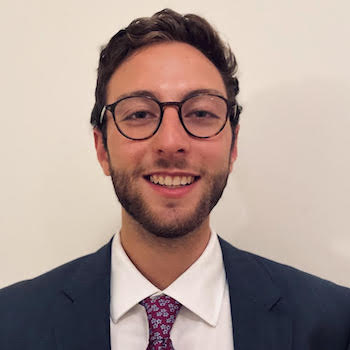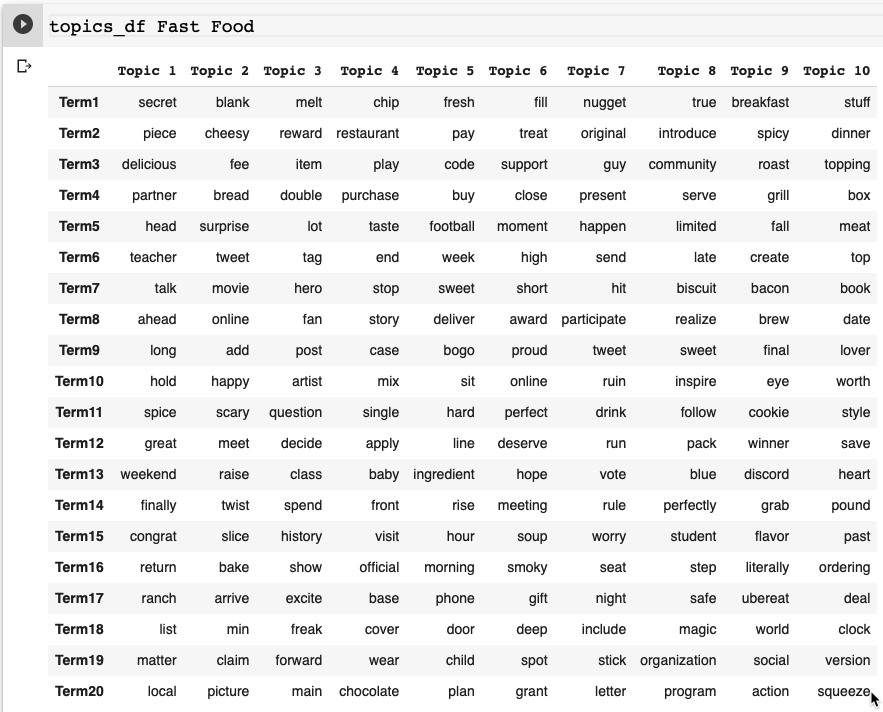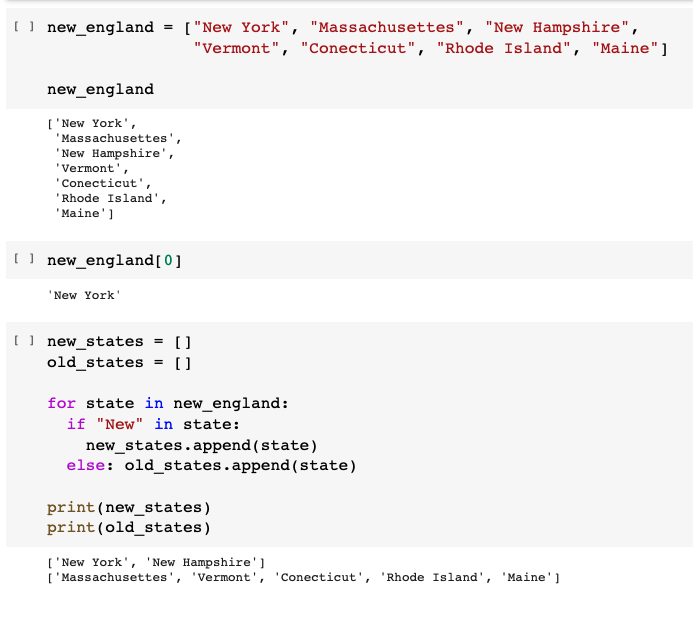Data Science Fellows in Action
Brown’s Data Science Fellows program pairs faculty members with Brown undergraduates who have data science skills and experience to bring to the project.
 The latest installment in this series explores an exemplar from the second cohort of Data Science Fellows.
The latest installment in this series explores an exemplar from the second cohort of Data Science Fellows.
The second class of Data Science Fellows in Spring 2021 paired twelve students and twelve faculty members to tackle projects in fields ranging from religious studies to American history to cognitive neuroscience. In one project, student Isy Mekler (Class of 2022) worked with Dr. Ashley Champagne, Head of Digital Scholarship Project Planning in the Center for Digital Scholarship (CDS) within the Brown University Library.
Isy is a concentrator in Behavioral Decision Sciences (BDS) with a Certificate in Data Fluency. He wrote and modified lesson plans for the graduate class Introduction to Digital Humanities, which Dr. Champagne was teaching virtually in the American Studies Department. The course required no prior programming experience and sought to teach students methods of digital analysis for research in the humanities.
Isy had completed some coursework in computer science during his time at Brown—namely, Computing Foundations: Data (CSCI 0111) and Computer Science: An Integrated Introduction (CSCI 0180). His work with Dr. Champagne offered an opportunity to exercise and expand those skills. He wrote lessons in Python, including using the natural-language processing (NLP) packages MALLET (“MAchine Learning for LanguagE Toolkit”) and TWINT (“Twitter Intelligence Tool”) for topic modeling and Twitter scraping, respectively.

Isy began his work as a more traditional teaching assistant. He was a pair of helping hands, fleshing out the skeletons of lessons that he was given. However, he took on increasingly more responsibility, and by the semester’s end, he and Dr. Champagne were collaboratively discussing interesting and exciting lesson plans. This evolution involved a particularly memorable experience for Isy. At some point in the semester, Dr. Champagne asked him to teach an overview lesson on for loops during class time. To do so, Isy had to design the lesson from the ground up. While discussing the active coding component of his lesson, he remarked, “It was interesting to see where people get held up in the lesson and how people eventually work through it. To observe that process from the teacher’s perspective is a really cool experience.”

The nature of his work continued to evolve as Isy continued in his role as a teaching assistant. The week an assignment on using the terminal was released, he recalled how active his office hours were. Students packed his Zoom meeting to tackle the assignment together, and Isy guided them through the assignment until even his knowledge of the terminal failed him. Having to make a choice, he had the students replicate the assignment in Python: same substance, different language. Those office hours were challenging but rewarding, and the experience showcased his increasing confidence and trust in his own teaching decisions.
Each Data Science Fellow gets something different from the experience, but no Fellow gets nothing from it. When asked about his project as a whole, Isy reflected, “Something that particularly spoke to me about the project was that as an undergrad not concentrating in computer science, your options for coding can be pretty limited outside of the introductory sequences in the Computer Science Department. It was exciting to see students with backgrounds in the humanities and little programming experience getting so excited about coding. It was a great application of the concepts that we had talked about in the Data Science Fellows group.”